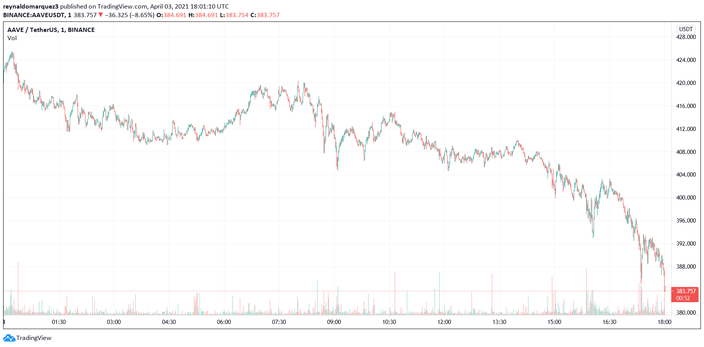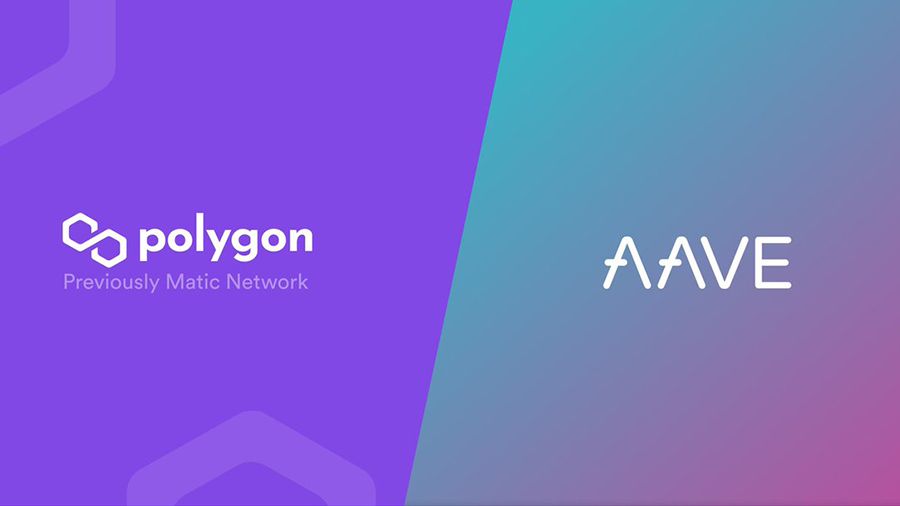2023-5-22 14:00 |
Following a recent update, over $120 million of Aave v2, a decentralized finance (DeFi) protocol for lending and borrowing tokens, user assets are “stuck” on Polygon.
Bug On Aave v2 On PolygonThe bug affecting withdrawals from Aave v2 deployed on Polygon, an Ethereum side-chain, has been pinned to the recent implementation of “proposal 224”.
Proposal 224 sought to make parameter changes “for the benefit of the protocol” in light of “shifts in the crypto market .” The adjustment received majority support and was implemented.
However, after the execution, the DeFi protocol was notified of several issues affecting the interest rate strategy contracts applied to the wrapped versions of Bitcoin, Ethereum, MATIC—the native currency of Polygon, and USDT—the world’s most liquid stablecoin.
The development team has said the root cause was because the updated version, especially relating to the “LendingPool to call the rate strategy of an asset” applied on Polygon, was slightly different from that integrated with Ethereum. While users can’t withdraw assets, the DeFi protocol emphasizes that all funds are safe.
Beyond the explainer released by Aave, analysts pin the specific problem on the incompatibility issue between the ReserveInterestRateStrategy contract and the underlying Polygon network.
Since the contract was designed to work specifically on Ethereum, as Aave mentioned, it couldn’t work on Polygon, causing it to fail. Subsequently, users couldn’t withdraw their tokens.
Compatibility ProblemsThe ReserveInterestRateStrategy contract is a core contract in Aave that helps calculate and apply interest rates to borrowed loans.
To correctly function, the autonomous contract factors in several things, including prevailing market forces, the risk of user defaulting, and the collateralization ratio.
In Aave, all loans are overcollateralized, meaning a borrower must commit more collateral than the amount they wish to borrow.
The Aave team plans to fix the bug, subject to the result of the ongoing vote. Though the community wants the problem to be fixed, affected users will only begin withdrawing assets from Aave v2 later this week.
Considering governance times, if approved, the fix will be applied in approximately seven days from now: 1 day of delay to start voting, three days of voting, one day of time lock on Ethereum, and two extra days of time lock on Polygon.
Despite the flaw, AAVE prices are stable. However, since the problem was first brought to light on May 19, the token has been lower but inside the bull bar of May 17.
It is yet to be seen how prices will react in the course of the week. Presently, the token is down 25% from April 2023 and remains in a bearish formation.
origin »Bitcoin price in Telegram @btc_price_every_hour
Aave (LEND) на Currencies.ru
|
|




